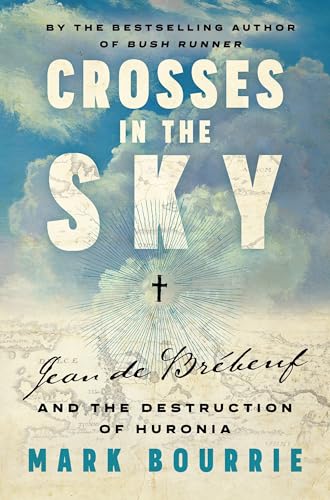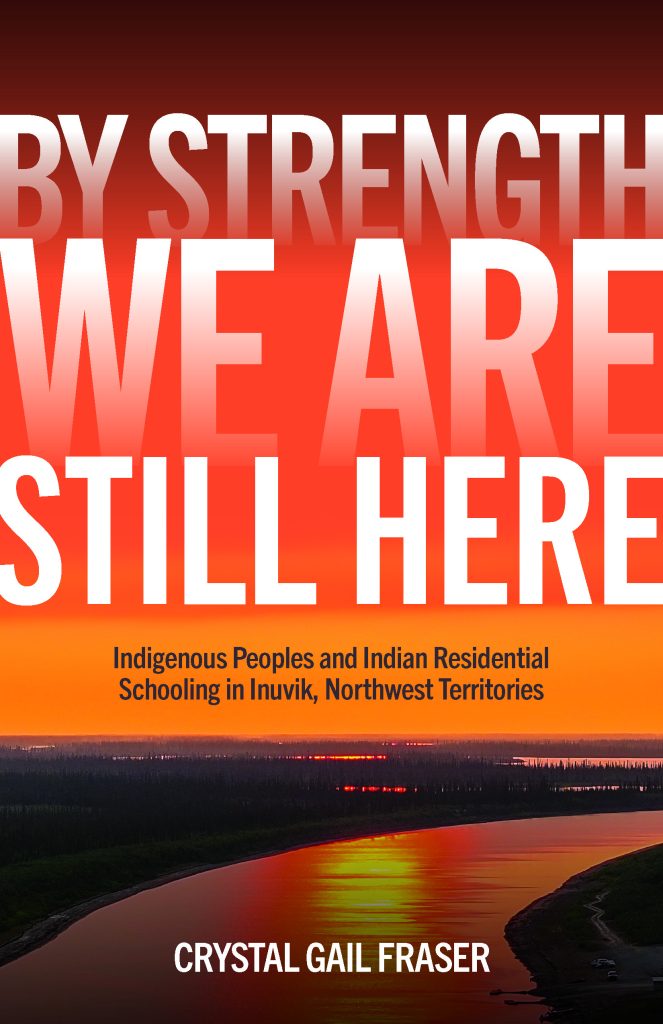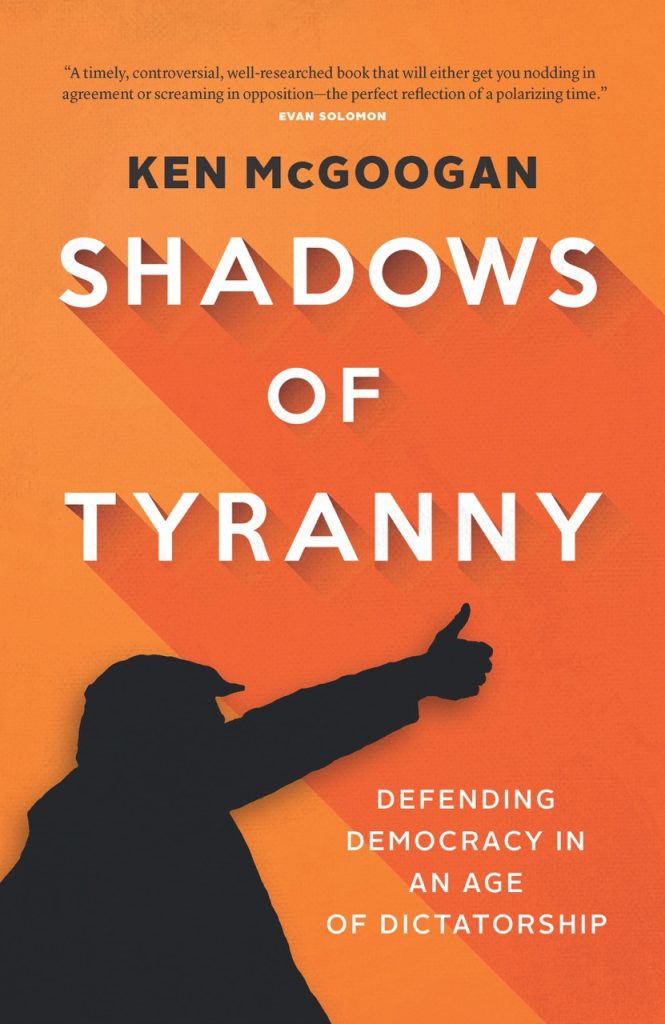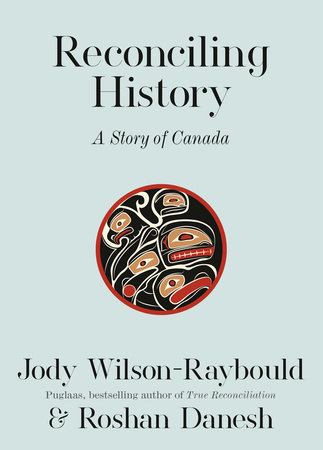The jury members of the 2025 J.W. Dafoe Book Prize — Dr. Dale Barbour, Dr. Gregory Mason, and Patricia Bovey — selected The Honourable John Norquay by Gerald Friesen as this year’s winner, but wanted to commend the shortlisted titles.
Mark Bourrie, Crosses in the Sky: Jean de Brébeuf and the Destruction of Huronia

Jean de Brébeuf has long haunted Canadian history. He was a Jesuit missionary serving in Huronia when the Haudenosaunee overwhelmed the territory in 1649, dispersed the Huron, and martyred Brébeuf. Bourrie’s contribution to that story is to give us a wonderful context for the historical period, the Jesuit community, and Brébeuf himself. We’re left with a sense of the flaws and ambitions of the Jesuits and the understanding that Brébeuf was exactly where he thought he should be in 1649.
Crystal Gail Fraser, By Strength, We are Still Here: Indigenous Peoples and Indian Residential Schooling in Inuvik, Northwest Territories

Fraser takes us into the messy reality of Inuvik’s residential schools in the 1970s and 1980s. It describes how parents asserted control and pushed back against the attempts by the residential school system to bend Inuit families to adopt an alien way of life. This well-written book is an essential addition to the literature on residential schools.
Ken McGoogan, Shadows of Tyranny

This is a great read. Using short stories of many who oppose tyranny and dictatorship. McGoogan uses his historiographical lens to illustrate politicians, poets and others who fought for democracy. He starts and ends with Trump, and without proselytizing, he creates a case for how to defend democracy.
Jody Wilson-Raybould and Roshan Danesh, Reconciling History: A Story of Canada

Think of Reconciling History: A Story of Canada as telling the history of Canadian colonialism in its own words. Wilson-Raybould and Danesh pull together a narrative of voices and quotes that walk us through the collision of cultures over the centuries and in so doing they demonstrate how colonial figures talked past and around Indigenous people as they layered Canada over North America and how Indigenous figures consistently spoke back, creating a counter-narrative that has too long been ignored.

